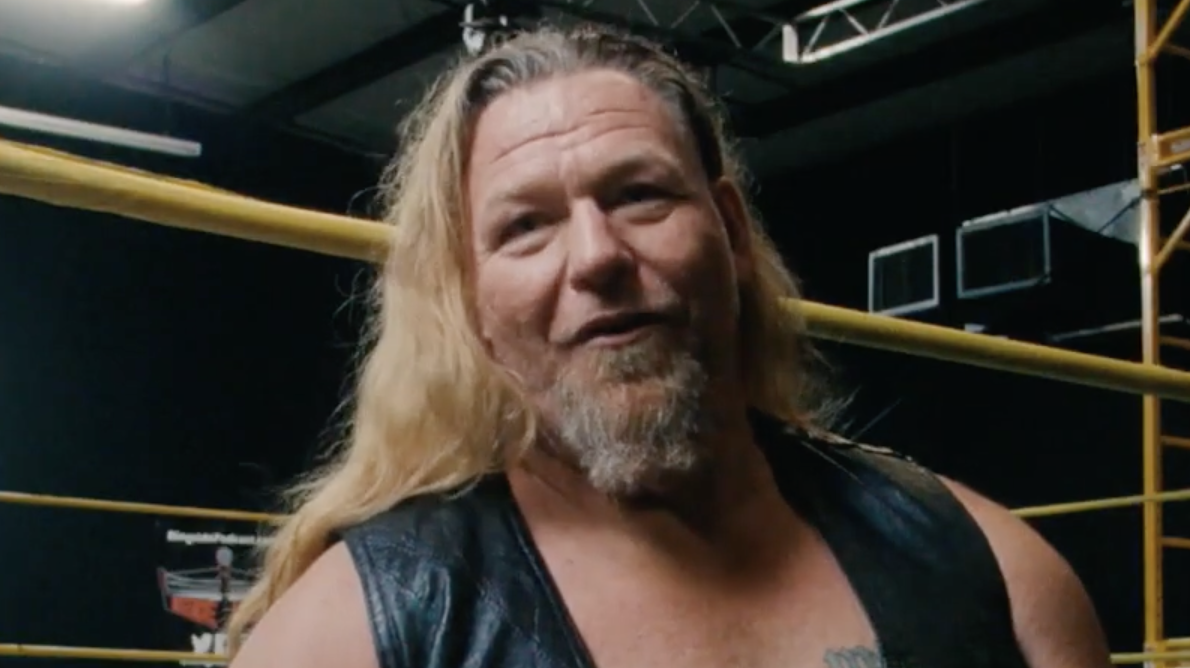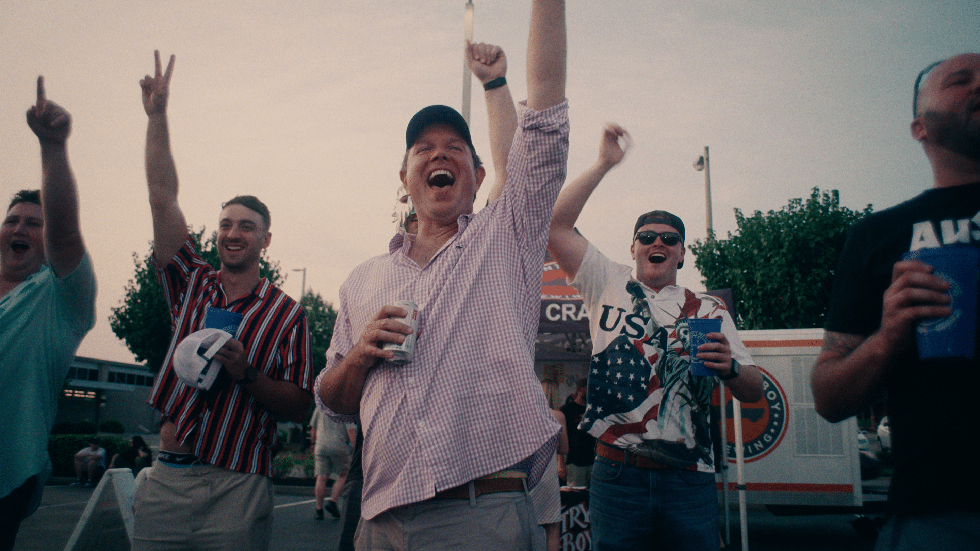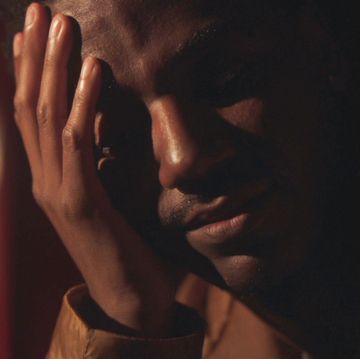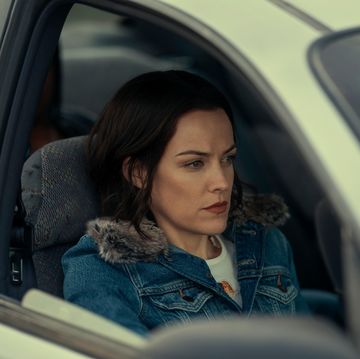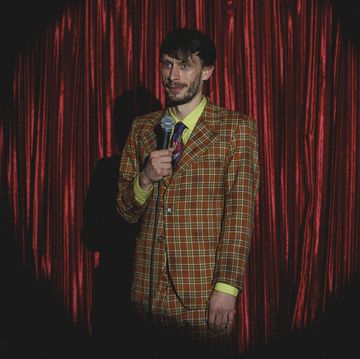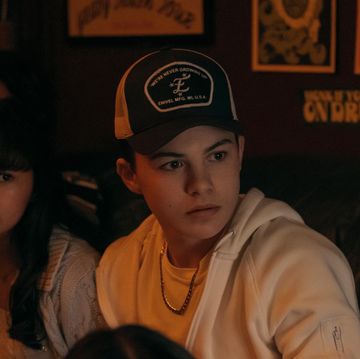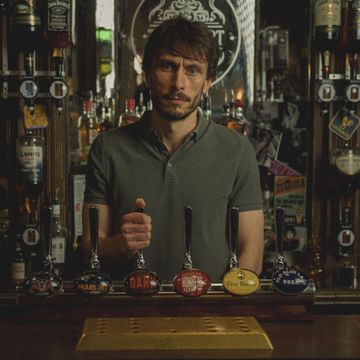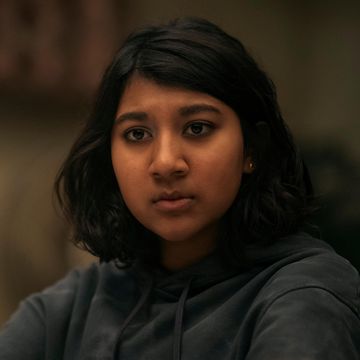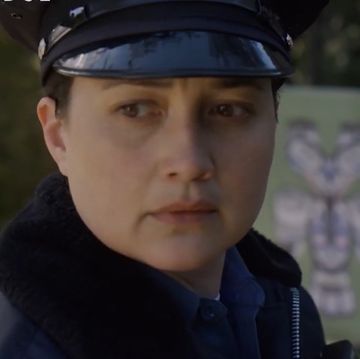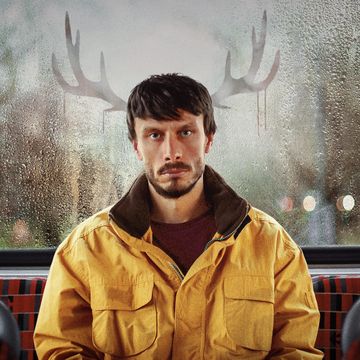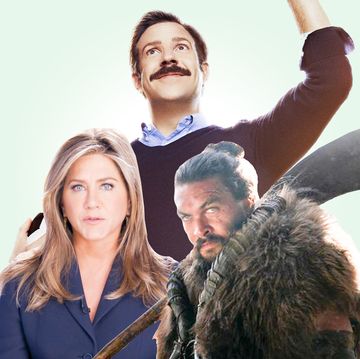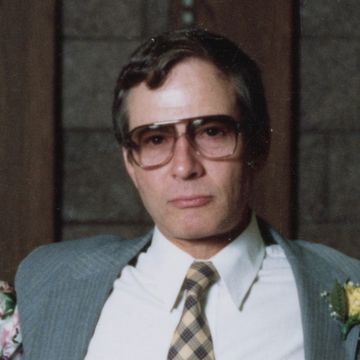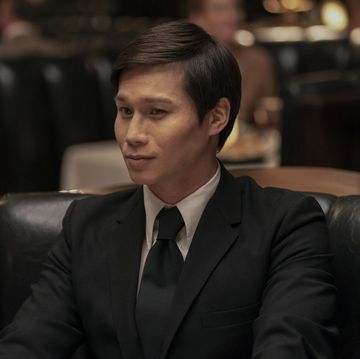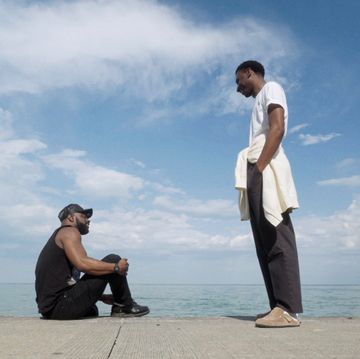If you live in the intersection between sports fan and Netflix subscriber, you're familiar with the work of Greg Whiteley. Even if you don't know the filmmaker by name, you've probably seen something from his multiverse of incredible sports docuseries, including Last Chance U, Last Chance U: Basketball, and Cheer.
While Netflix's other sports documentaries have ranged from inside looks at major sports leagues to fluffy, athlete-produced retrospectives, Whiteley often takes his crew to the last place you'd look. (Scooba, Mississippi, anyone?) The results are never short of extraordinary, as the documentarian profiles athletes who usually don't make it. By not focusing on, say, anyone you saw open their mouth in The Last Dance, Whiteley sketches beautiful, candid portraits of young lives, who don't have much to lose by fibbing their way through an interview. It's how we met Last Chance U's lovable Ronald Ollie, and Cheer's unbreakable Morgan Simianer. With the streamer flooding my homepage with another sports-doc franchise, Untold—and its increased reliance on telling stories from the POV of highly entertaining, yet factually dubious subjects—I've always counted on Whiteley's work as a North Star for the state of the sports documentary.
Now, Whiteley is back with most recent project, Wrestlers—which debuted on Netflix last week—which introduced us to Ohio Valley Wrestling (OVW), the forgotten little sibling of WWE and AEW. Wrestlers features all the signature beats of a Whiteley sports opera: the charismatic hero who keeps getting in their own way (Haley J), the veteran with a golden heart (Ca$h Flo), and the tired-of-this-shit coach who keeps it all together (Al Snow). Whiteley's always-standout photography is a perfect match for the carnival-esque nature of wrestling, too, with glitter practically penetrating his lens.
Without the backdrop of college athletics (and the system's many, many flaws) Wrestlers sees Whiteley pulls at a new thread: the business of sports. Mainly, how money destroys the hopes and dreams of athletes, who simply just want to play the thing they love—without going broke, as a baseline goal. In Wrestlers, Whiteley immediately digs at the tension between Snow and OVW's new investors, especially Matt Jones. Snow, a former WWE star, believes in the history of the sport—that if you run a wrestling league with creativity and heart at the forefront, then the viewers will come.
Jones? Well, the Kentucky radio host is an almost too-perfect metaphor for what's going on in the entertainment world right about now, as AI clashes with the power of the human brain. Jones believes that the creativity doesn't really matter if no one is there to see it—and how do you get butts in seats? Gimmicks, overworking your underpaid staff, and force-feeding potential fans a product they may or may not like. It's clickbait mentality. Watching Jones think of showy ways to sell OVW—and Snow steadfastly insist that success lies in the story—I found Wrestlers a better metacommentary for the streaming wars than Black Mirror's "Joan Is Awful," a satire Netflix's penchant for (literally?!) algorithmic programming over originality.
Watching Jones and Snow butts heads, I started wondering: How is Whiteley still getting seven-hour-long, longform storytelling on the platform that shows like Sexy Beasts and The Goop Lab also call home? Because, like anyone else in the business of words, people, and facts, I'm worried about the future of these types of stories. And maybe even creativity in general. If you want to know what I mean by these types of stories, read this quote from Whiteley in The New York Times last week, which itself just shuttered its sports section. “We really only have one gear as a company. Let’s just tell the true story.”
Whiteley hasn't shown any signs of stopping, nor has Netflix given any hint that it will stop being a home for his work: Last Chance U ran for five seasons, Last Chance U: Basketball for two, and Cheer for two. Hopefully it's a sign that people are watching—and that there's still an appetite for stories about athletes who may hardly see a dime for their talents, and aren't named Curry, Manziel, or Jordan.
So let's all hope and pray for a quick Season Two renewal for Wrestlers, or another series from Whiteley that brings us to another undiscovered corner of our country. More athletes, more wins and losses, more people. Of course, predicting the future of Whiteley's shows is often an impossible task—he could be back in Scooba at this very moment, reviving Last Chance U—but the more I watch his work, the more I'm afraid that it'll someday be a remnant of the type of sports documentary I used to watch.
